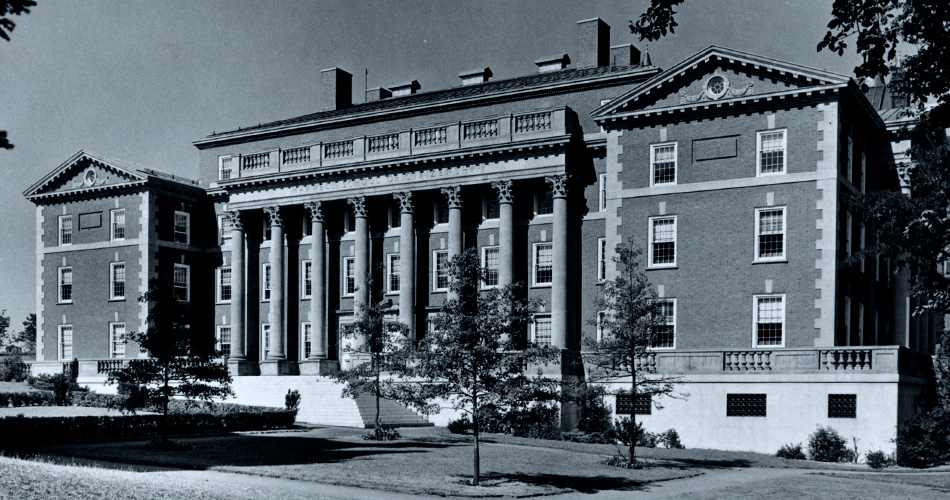Hadith Legacy: The Content and the Social Network of Hadith in Islamic Intellectual History
Virtual
Add to: Outlook, ICal, Google Calendar
Hadith, the first-hand reports of the Prophet Muhammad’s words and deeds, is one of the two major sources for the Muslims apart from the Qur’an. This panel will present two analyses of hadith legacy. Recep Senturk, the first panelist, is going to analyze the Hadith transmission network from a sociological perspective as a chain of social memory. He will discuss that Hadith represents a major part of the social memory of Muslim society and it has been transmitted across generations through Hadith transmission network until today. He will draw attention to the role of the prominent scholars of Hadith known as huffaz in the transmission process. This network is the longest recorded social network in the world today. Then, Issam Eido, the other panelist, is going to analyze the social aspect of Isnad (chain of narrators) in early Hadith criticism. He will present a new understanding of the criteria used by Muslim scholars in accepting or rejecting traditions attributed to Muhammad based on ranking of first-generation narrators, and the significance of their region, gender, and relationship to the hadith content.
Panelists:
Issam Eido
Vanderbilt University
Harvard University
Issam Eido is Assistant Professor of the Practice of Religious Studies at Vanderbilt University where he also serves as Director of Undergraduate Studies for the Department of Religious Studies. He received his PhD in Islamic Studies from Damascus University. Eido’s primary research interests are Qur’an and Hadīth Studies, mysticism and ethics. Eido’s most recent book, Early Ḥadīth Scholars and their Criteria of Ḥadīth Criticism (in Arabic), presents a new understanding of the criteria used by Muslim scholars in accepting or rejecting traditions attributed to the Prophet and the transformations of that criteria from the classical to the modern period. Eido is currently a Research Fellow at the Harvard Program in Islamic Law at Harvard University through MESA Global Academy Scholars.
Recep Şentürk
Ibn Haldun University
Recep Şentürk holds a Ph.D. from Columbia University, Department of Sociology, and specializes in civilization studies, sociology, and Islamic studies with a focus on social networks, human rights, and modernization in the Muslim world. Şentürk’s publications are available in Turkish, English, Arabic, Japanese, and Spanish. He currently serves as a professor of sociology at Ibn Haldun University, Department of Sociology. He was the founding president of Ibn Haldun University and Alliance of Civilizations Institute at Fatih Sultan Mehmet Vakif University. He was a research fellow at Emory University Law School and a British Academy Fellow at Oxford Brookes University. He is the founding president of Usul Academy and International Ibn Khaldun Society. (https://www.recepsenturk.com)
Moderator:
Ahmet Celik
Syracuse University
Ahmet Celik is a PhD candidate in the Department of Religion at Syracuse University. His research interests, in general, include comparative political thought, Islamic political and legal theory, political philosophies of Plato and Aristotle, and early modern and modern political philosophy. His dissertation project sits at the intersection of religion, philosophy, and political theory as it examines the concept of sovereignty in Islamic political thought. Moreover, his project aims to explore and understand how sovereign power is defined, justified, and limited within the context of multiple political discourses that emerged in the classical period of Islam. To trace Islamic conceptions of sovereignty, he pays particular attention to the notions of political authority, lawgiver, and sovereign ruler in the political writings of three leading Muslim thinkers: al-Farabi (d.950), al-Mawardi (d.1058), and al-Juwayni (d.1085). After graduating from Marmara University Faculty of Theology, he received his MA from the Islamic Law department of the same University. While doing PhD at Marmara University on Islamic political thought, he moved to New York City as a visiting researcher at Columbia University for two years. He received his Master of Philosophy and Certificate of Advanced Study in Middle Eastern Affairs from Syracuse University.
Co-sponsored by: Department of Religion
Category
Social Science and Public Policy
Type
Discussions
Region
Virtual
Open to
Alumni
Faculty
Parents and Families
Staff
Students, Graduate and Professional
Students, Prospective
Students, Undergraduate
Cost
Free
Organizers
MAX-Moynihan Institute of Global Affairs, MAX-Middle Eastern Studies Program
Accessibility
Contact Havva Karakas-Keles to request accommodations

We’re Turning 100!
To mark our centennial in the fall of 2024, the Maxwell School will hold special events and engagement opportunities to celebrate the many ways—across disciplines and borders—our community ever strives to, as the Oath says, “transmit this city not only not less, but greater, better and more beautiful than it was transmitted to us.”
Throughout the year leading up to the centennial, engagement opportunities will be held for our diverse, highly accomplished community that now boasts more than 38,500 alumni across the globe.